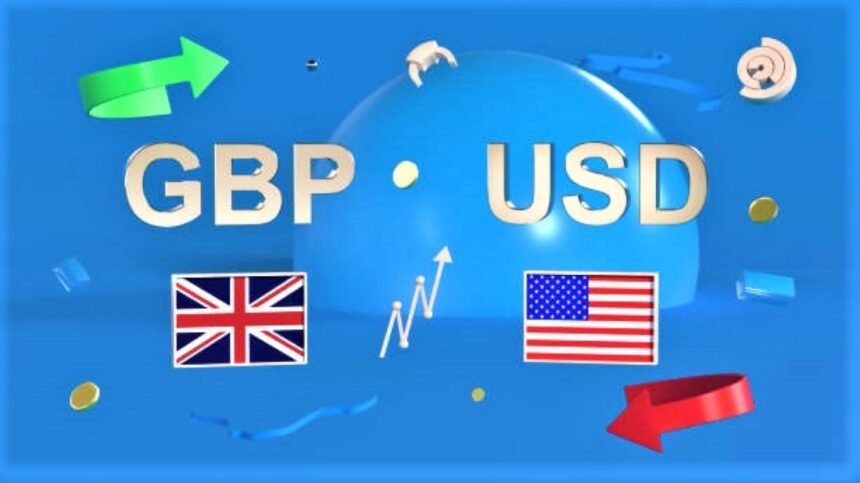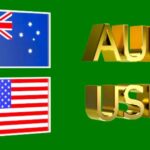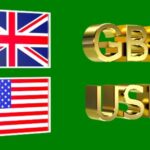Pound sterling has recovered from a 14-week low, but the recovery appears to be limited due to growing recessionary risks.
The Pound Sterling (GBP) rallied after hitting a new 14-week low. But the wider tendency remains pessimistic as the British economy faces a recession. As a result of the Bank of England’s (BoE) aggressive rate-tightening cycle. The GBPUSD pair reflects concerns about increasing interest rates. As the tight labor market loses attractiveness and enterprises report a drop in output due to a bleak demand outlook. Investors are concerned that the UK economy may enter a recession as the housing industry, economic activity. And labor market struggle to bear the pressure of a tight monetary policy.
The prospect of a downturn has likely reduced betting on the interest rate peak at 6.0%. But an interest rate rise at the September monetary policy meeting cannot be completely ruled out.
The comeback of the pound sterling appears to be less certain.
The pound sterling recovers following a severe sell-off to about 1.2560. As the risk-off impetus subsides. However, the downward bias remains strong.
As the Bank of England (BoE) continues to raise interest rates. Investors are concerned about the UK’s economic prospects. Interest rates are being used to combat persistent inflation.
Interest rates, according to BoE Broadbent, must remain elevated for some time because Britain has the highest inflation rate among G7 nations.
The Bank of England is poised to raise interest rates again. As core inflation remains more than three times the intended rate of 2%.
The UK’s hiring momentum has stalled, and economic activity has become fragile. Since the BoE’s current tightening cycle is aggressive.
Traders betting on an interest rate rise to 6.0% have reduced their bets. And the UK central bank is now expected to suspend the tightening cycle after increasing interest rates to 5.75%.
The GfK consumer mood indicator rose to -25 in August from -30 in July. As UK fuel providers passed on the benefits of decreased energy costs to end users.
Ben Broadbent, Deputy Governor of the Bank of England. Stated on Saturday. That Interest rates must remain elevated for some time since inflation in the United Kingdom is the highest among G7 economies.
Concerning interest rates, BoE Broadbent answered, “The evidence on spare capacity, as and when it comes through, and indicators of domestic inflation, as and when it comes through.”
Meanwhile, the Bank of England is planning another rate hike in September. The Bank of England is projected to increase interest rates by 25 basis points (bps) to 5.50%.
Due to the Summer Bank Holiday, UK markets will be closed on Monday.
The market is buoyant after investors absorbed the Federal Reserve’s (Fed) decision to maintain interest rates at a ”higher for longer” level.
Fed Chair Jerome Powell stated at the Jackson Hole Symposium that the central bank will continue to be cautious.
Fed Chair Jerome Powell stated at the Jackson Hole Symposium that the central bank will continue to be cautious. Interest rates will be discussed in upcoming monetary policy meetings. Jerome Powell reiterated that the Fed will maintain the option of tightening policy open.
According to the CME Fedwatch tool, there is a more than 80% likelihood of a neutral interest rate decision in September, while the majority of investors expect a rate rise in November policy.
Despite Jerome Powell’s hawkish remarks at the Jackson Hole Symposium last Friday, the US Dollar Index (DXY) has corrected to about 104.00. Because the remedial action has been slow, the odds of a rebound are quite high.
This week, investors’ attention will be drawn to the US Nonfarm Payrolls (NFP) data, which will be released on Friday at 12:30 GMT. Furthermore, the ISM Manufacturing PMIInterest rates will be discussed in upcoming monitory policy meetings. Jerome Powell reiterated that the Fed will maintain the option of tightening policy open.









